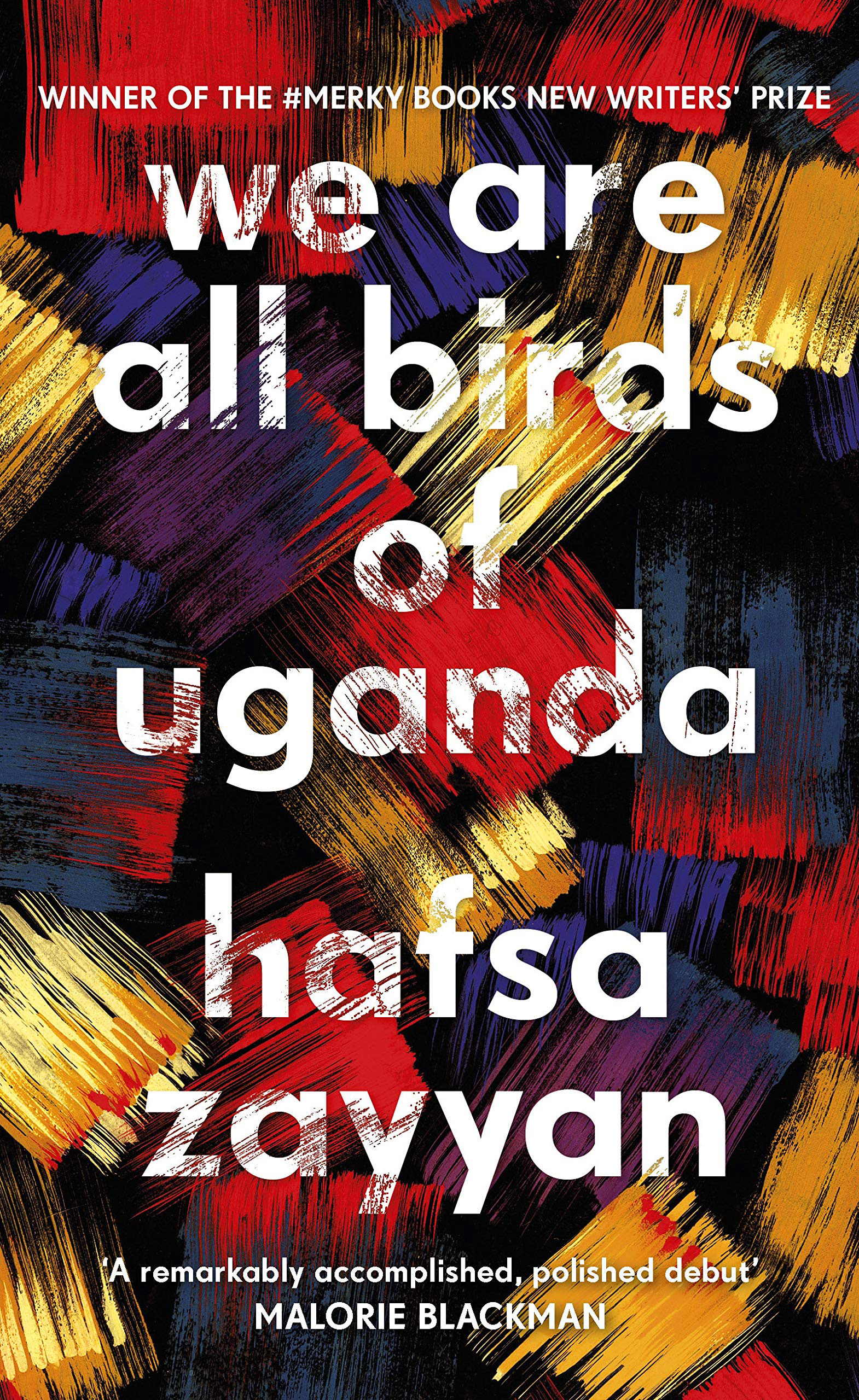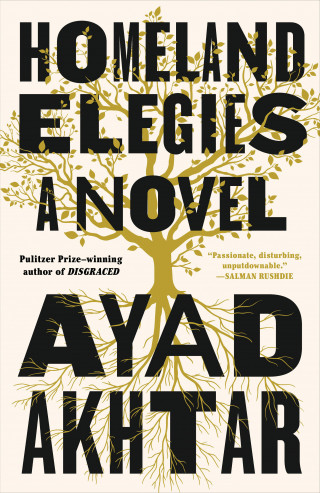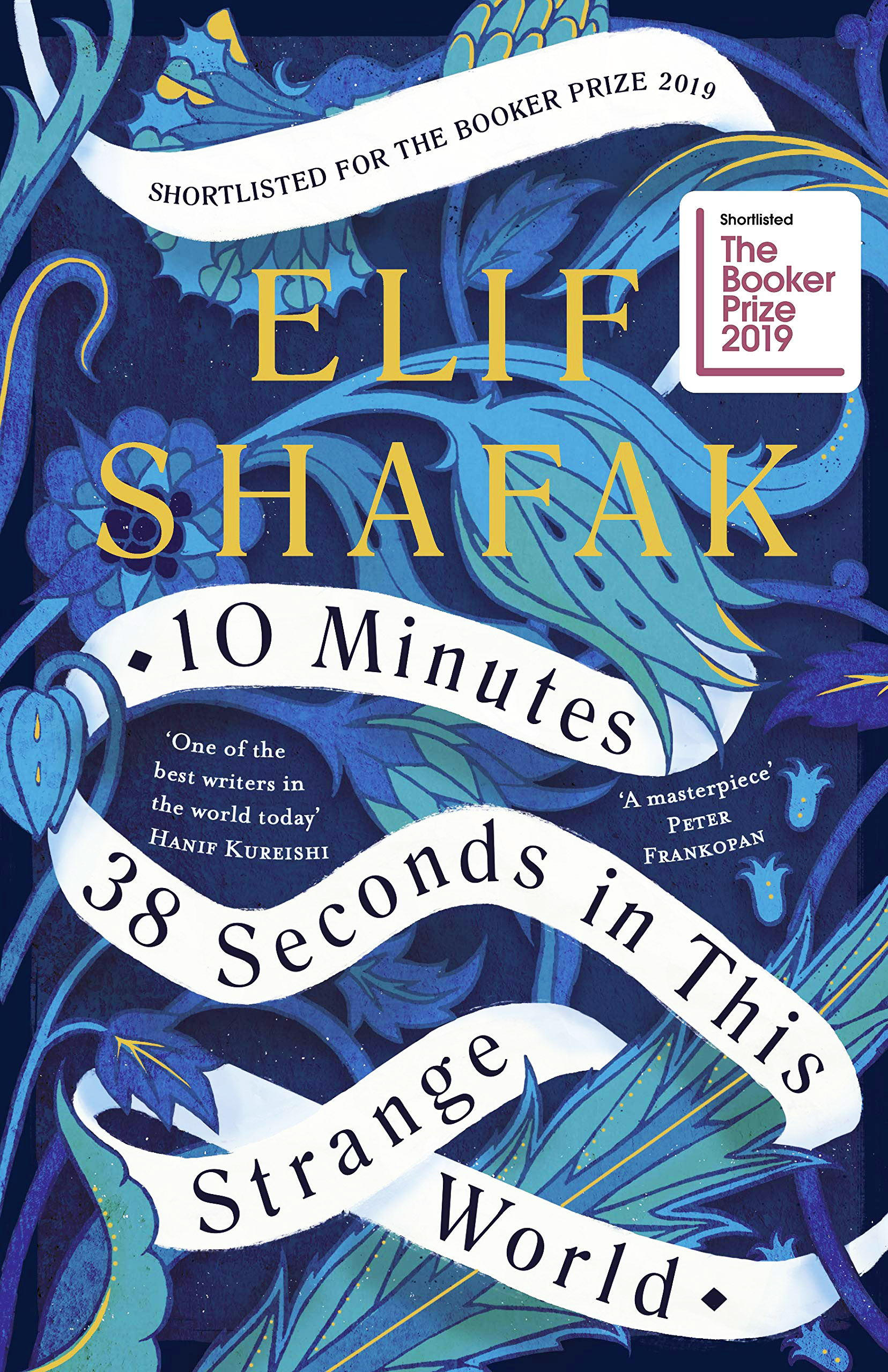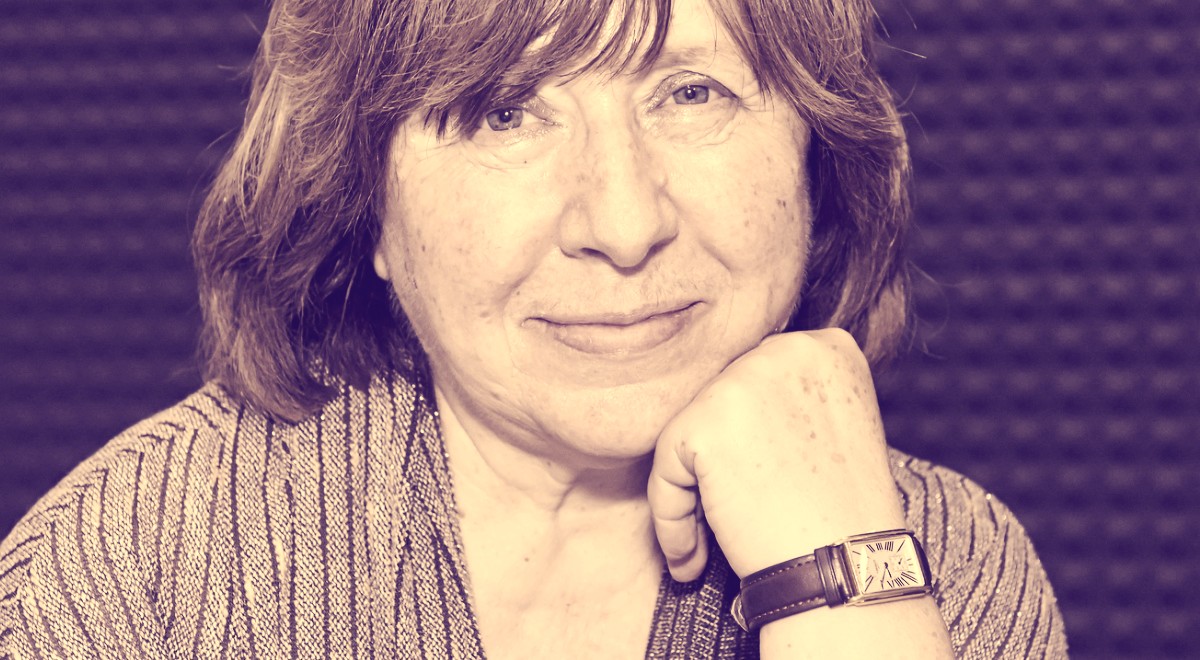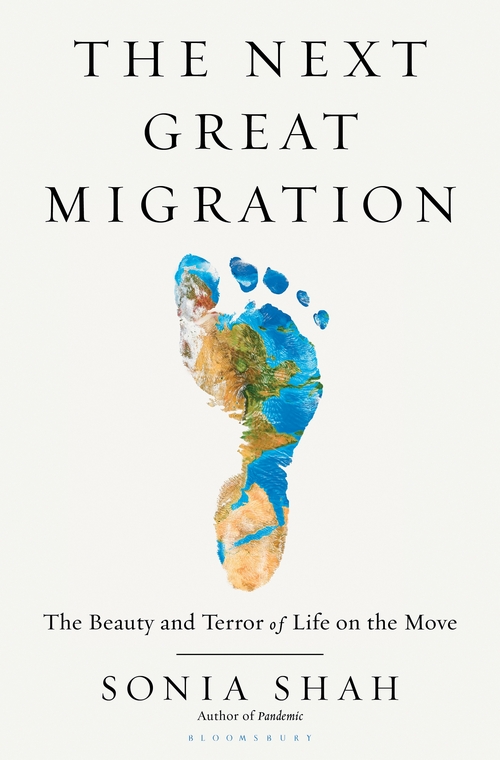
Hafsa Zayyan, a young lawyer of Asian African background, has woven an innovative and brilliant story that the world hasn’t heard before – since there was no space for it. Her beautiful debut heralds a new era in literature, marked by the emergence of previously unheard voices.
Born to a Nigerian father and Pakistani mother, Zayyan lived in the United States, Singapore, and Saudi Arabia before her family settled in Great Britain. She holds degrees from the Universities of Cambridge and Oxford, specializing in dispute resolution and international arbitration. Currently, she is working in London. Although still in her early 30s, she’s already been ranked among the 500 key lawyers in the UK. Shortly before that, in 2019, she received a literary award: #Merky Books New Writers’ Prize. This recognition enabled her to sign a publishing contract for her debut novel We Are All Birds of Uganda, which came out at the beginning of 2021. The new prize was launched by British grime artist Stormzy alongside Penguin Random House UK to empower new authors for whom it is hard to succeed in the English-language book market, mainly due to their ethnic background and an industry tendency to label their stories as ‘too niche’. The literary landscape has changed considerably, however, and they (and cross-cultural writers) now represent the latest literary trends. As children of migrants and descendants of displaced people, refugees and enterprising nomads, they are denizens of the metacultures that permeate continents and take shape through movement.
Hafsa Zayyan is an emerging star of a world literature that is rooted in the authentic, personal experiences of the new generation. Like in the case of Holocaust or postcolonial literature, it’s the passing of time that matters: subsequent generations expose a palimpsest of truths and pass upon the silence of those who came before. Zayyan’s enchanting prose is characterized by smooth style and precision and engages with a new subject matter – we get to know people who haven’t been represented in fiction before.
Have you ever read about Asian Africans? If not, We Are All Birds of Uganda offers a wonderful opportunity to learn about the people whose complicated lives comprise the stories of ancient Eastern civilizations, African tribalism, major monotheistic religions, migration and exile, as well as the brutality and ruthlessness of both 20th-century political regimes and the postcolonial economy. It’s almost hard to believe that such multi-faceted historical processes can be encapsulated in the life trajectories of Zayyan’s characters, who are part of the same family, but represent three generations living on three different continents.
The novel begins at the end, with the story of the youngest character Sameer, who comes from a family of India’s Muslim migrants. Like Zayyan, he is also living in London. He works nights, is forging his legal career, and is about to move to Singapore and become a partner in a law firm. He earns a six-figure salary, likes to drink and always finds someone to spend the night with. However, precisely when his dream to succeed is about to come true, this 30-year-old man starts to experience emptiness, both around him and inside himself. His seemingly perfect world begins to disintegrate when an unexpected event takes place. Sameer’s best childhood friend decides to moves back to Leicester, their hometown, and work in his father’s firm (which the eldest son in a Muslim family is often expected to do). Soon after, he falls victim to a racist attack. As a result, he can’t speak, walk, or remember anything.
When Sameer witness his friend’s suffering, something suddenly changes inside him. For the first time in his life, he wonders who he really is. Why does he fast during Ramadan? Why is he exposed to xenophobic jokes at work? What awaits him in cosmopolitan and neutral Singapore? He starts to reflect on his background, which he had previously considered insignificant, as if European political correctness was preventing him from looking in the mirror.
He now regularly visits his friend, as well as his parents and sister, who all still live in Leicester, in a neighbourhood inhabited by Muslim families from India and Pakistan. They all stick together because of their shared traditions and traumas: in the 1970s they came to the UK from Uganda, where they had been running profitable businesses for many years before Idi Amin’s horrific regime suddenly delegalized them. Asians – brought to East Africa by the British to reduce tensions between the white elite and the Black people who served them – possessed essential skills. They spoke English, could write, and had an apparent knack for business. New African nations, who were exploring their recently-gained independence, viewed India’s Muslims as an imported (and imposed) caste, who would take away lucrative jobs. There were around 80,000 Asians living in Uganda when Idi Amin ordered their expulsion in 1972 (they came mainly from Gujarat, a state of India on the Arabian Sea). He gave them 90 days to leave the country and forbade them from taking their savings or possessions.
One of those people was Sameer’s grandfather, Hasan, who left Uganda together with his family. Back then, he was a successful businessman running the Sayeed & Sons multistore in Kampala (it also had branches in such cities as Mbarara and Jinja, a port city on the shore of Lake Victoria). Hasan managed to hand over both his business and his beautiful, bougainvillea-covered house to a Ugandan employee and friend. The trust-based relationship they developed was a form of taboo breaking. Asians were hermetically separated from Africans and established neither working nor familial bonds.
A few decades later, Sameer finds his grandfather’s house in the Kololo district, full of villas and gardens, inaccessible for the many impoverished people who live in Kampala’s overcrowded and ever-growing slums. In this old house, he encounters the Ugandan descendants of his grandfather’s friend, and learns that the pact made years ago has been respected. The shop with a small, rusty ‘Sayeed & Sons’ signboard is still operating. There is also an intriguing woman there, worthy of breaking yet another taboo: intermarriage between Asians and Ugandans. Finally, there is a bundle of his grandfather’s letters, which affect Sameer intensely, like an African heat storm, disrupting his plans. To his own surprise, he feels more at home in bustling Kampala – with its colourful birds, juicy fruits and racial tensions – than in anonymous London, which seems friendly only on the surface. This doesn’t mean, however, that the past won’t haunt him or that he won’t experience aggression.
Although Zayyan is telling the story of Sameer’s intricate identity and his family’s extremely complicated transcontinental past, her writing is candid, fast-paced and lucid. This clarity shows that personal experiences and emotions are potent material for stories that engage with historical processes. Feelings experienced by today’s 20- or 30-year-olds from migrant families constitute a rich source of radically new meanings in literature. Zayyan, the daughter of an interracial couple, relied not only on her own experience, but also on the stories of Ugandan Indians and Indian Ugandans, turning them into a narrative filled with youthful optimism. Sameer hopes to reconcile cultural contradictions and face the traumas his ancestors were trying to cope with. He wants to write a new chapter and bridge separated countries and families. The author, however, doesn’t choose an easy path for him. Neither does she protect him from a deadly danger.
Her perfectly-crafted and stylistically-refined novel demonstrates how family narratives form a long-lasting continuum. Despite geographical distance and political tensions, a person’s life is a single, comprehensive story. But while love and friendship can endure a lot, including the test of time, so do hatred and violence, which pose a threat to these bonds.
Zayyan, an expert in dispute resolution, understands that people are capable of making profound change. At the same time, she remains aware that evil also constantly evolves, taking new forms.
Translated from the Polish by Joanna Mąkowska


